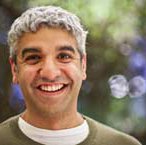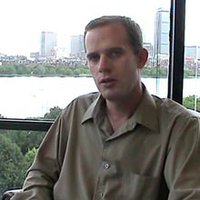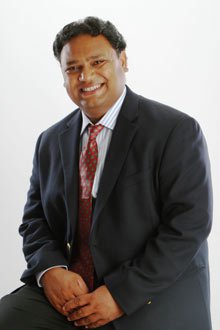Energy & sustainability
Ranjan Dash
Nanoporous carbon could help power hybrid cars

Global
Cyrus Wadia
Identifying materials that could be unexpectedly useful in solar cells

Global
Cody Friesen
Making cheaper, higher-energy batteries to store renewable energy

Global
Kurt Zenz House
Capturing carbon dioxide through cement production

Global
Andrew Perlman
Slashing carbon emissions by converting coal into natural gas
